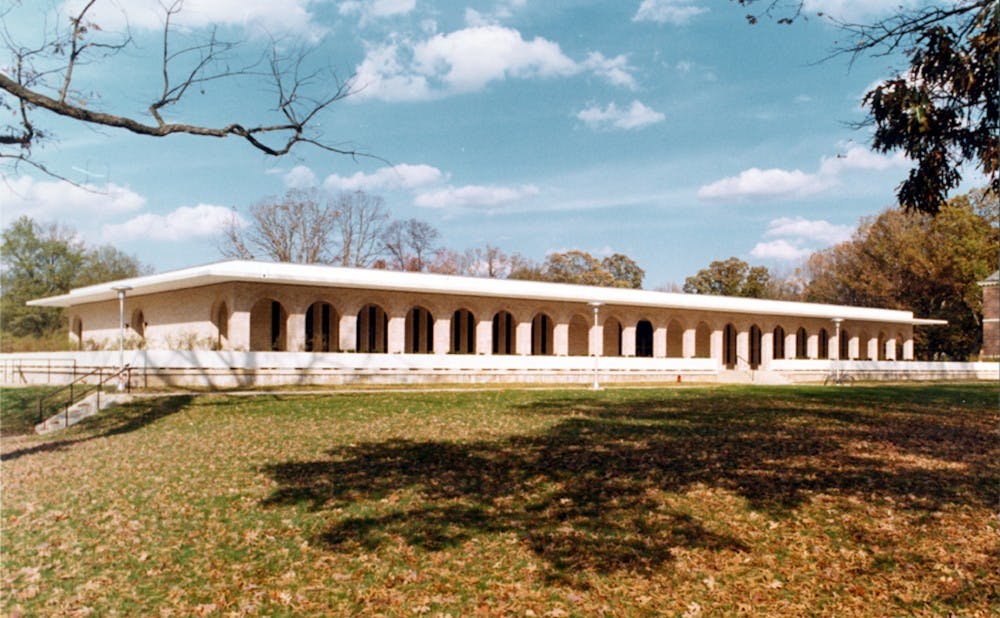Duke is launching a new minor targeted towards all music lovers, regardless of whether they can read musical notation. The department of music will begin offering the minor in music, listening-focused in fall 2023 alongside the current minor in music, score-focused, which places a heavier emphasis on Western musical notation and theory.
According to Assistant Professor of Music Yun Emily Wang, the idea for the new listening-focused minor was first sparked when faculty members of the department of music observed students’ interest in music outside of Western musical notation, which she called “very culturally specific.”
Wang worked collaboratively to design the major with Deonte Harris, assistant professor of the practice of the international comparative studies program and music, and two other ethnomusicology professors — Assistant Professor of Music Sophia Enríquez and Louise Meintjes, Marcello Lotti Professor of Music and chair of the department of cultural anthropology.
For Jonathan Bagg, professor of the practice of music and chair of the department of music, the minor is a way to make the department more welcoming for students with a background in different musical traditions.
“It used to be that to get a degree in music … meant developing skill in things like music theory and also a knowledge of Western music history,” Bagg said. “We're really just creating a different avenue for students to come to music.”
Enríquez also noted that the minor’s emphasis on listening to music reflects music traditions worldwide that are not reliant on notation, such as those transmitted orally or across generations.
Instead of a course in music theory, students in the listening-focused minor are required to take Music 163L: Listening Lab. The course aims to equip students with tools for close listening and vocabulary for musical analysis and was taught in fall of 2022 by Enríquez.
“The idea is to kind of decenter some of our assumptions about what music is and how we perceive it, and instead … think about how we listen and how our listening practices really shape our worldviews,” Enríquez said.
The minor also requires a “course cluster” consisting of four electives, with at least one full academic course above MUS 213. Students can personalize the cluster to align with their specific interests.
The final requirement is two semesters of Artistic Practice Workshop, which can be fulfilled through participation in an ensemble or community-based music group or through the “cultivation of artistic knowledge,” including beat production, applied music lessons, studio production and composition classes.
While the listening-focused curriculum is new to Duke, it is certainly not the first of its kind. In 2017, the music department at Harvard adopted a new undergraduate curriculum, allowing students to pursue a concentration in music without taking music theory classes or being able to read music.
“Around the time that we were thinking about the music minor, they were having a lot of discussions and efforts to reform music curriculum in a lot of different departments across the United States,” Wang said. “I think Duke participated in quite a wave of curriculum reforms.”
The faculty members believe the listening-focused minor is just as rigorous as the score-focused one, despite lacking a music theory requirement. Bagg pointed out that many of the courses in the listening-focused minor are analogous to those in the score-focused one.
“You're still trained to listen to music, carefully and skillfully. And you're trained to be able to communicate what you've heard,” Wang added. “I don't think one [minor] is more rigorous or more serious than the other.”
Get The Chronicle straight to your inbox
Sign up for our weekly newsletter. Cancel at any time.
Mia Penner is a Trinity junior and an audience engagement editor of The Chronicle's 120th volume.

